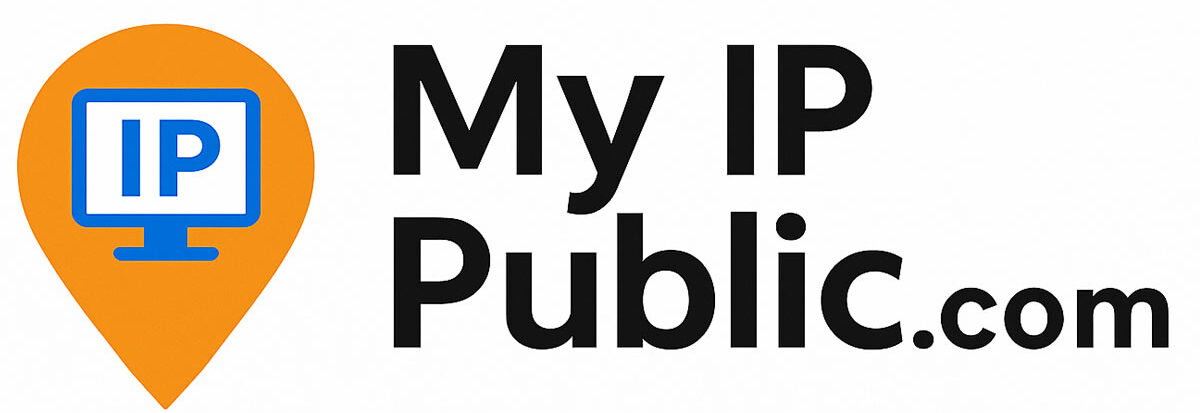In today’s digital world, your personal data is more exposed than ever. Every website you visit, every app you use, and every connection you make leaves a digital footprint. That’s where a VPN (Virtual Private Network) becomes essential—not optional.
In this article, we explain what a VPN is, why you absolutely need one, and why NordVPN is one of the best options available today.
🔍 What is a VPN?
A VPN (Virtual Private Network) is a secure tunnel between your device and the internet. It encrypts your online activity, hides your IP address, and protects your data from:
- Hackers
- Trackers
- Government surveillance
- Your internet provider (ISP)
- Unsecure public Wi-Fi networks
Whether you’re working from home, browsing on your phone, or connecting at a coffee shop, a VPN adds a vital layer of protection.
✅ Why You Need a VPN in 2025
The digital threats are evolving fast. Here’s why using a VPN is more important than ever:
🔐 1. Protect Your Privacy
Governments and corporations are collecting more data than ever. A VPN ensures your browsing history stays yours only.
🌍 2. Access Content Worldwide
Tired of geo-blocks? Watch Netflix, YouTube, or any streaming service from anywhere. A VPN unlocks global content.
💻 3. Stay Safe on Public Wi-Fi
Coffee shops, airports, and hotels offer free Wi-Fi—but also attract hackers. A VPN protects your data on public networks.
🕵️♂️ 4. Hide Your IP Address
Your IP reveals your location and identity. A VPN gives you a new virtual IP, making you anonymous online.
🤑 5. Save Money Online
Yes—flights, hotels, and services show different prices based on your location. Use a VPN to compare prices and get the best deals.
⭐ Why We Recommend NordVPN
There are many VPNs out there, but few offer the speed, security, and reliability of NordVPN.
✔️ Military-grade encryption
✔️ Over 6,000 servers in 60+ countries
✔️ Ultra-fast connection with no logs
✔️ Ad & tracker blocking (Threat Protection)
✔️ Works on all platforms: Windows, Mac, Android, iOS, Linux
✔️ 24/7 support
🎯 Ready to Protect Your Privacy?
Get NordVPN today with our exclusive affiliate offer and enjoy fast, private, and secure internet—anytime, anywhere.
👉 Click here to get NordVPN now

🔑 Final Thoughts
In 2025, a VPN is not a luxury—it’s a necessity. From personal protection to bypassing censorship and securing your business communications, a VPN like NordVPN gives you the control and peace of mind you deserve.
Take your digital security seriously—start using a VPN today.

